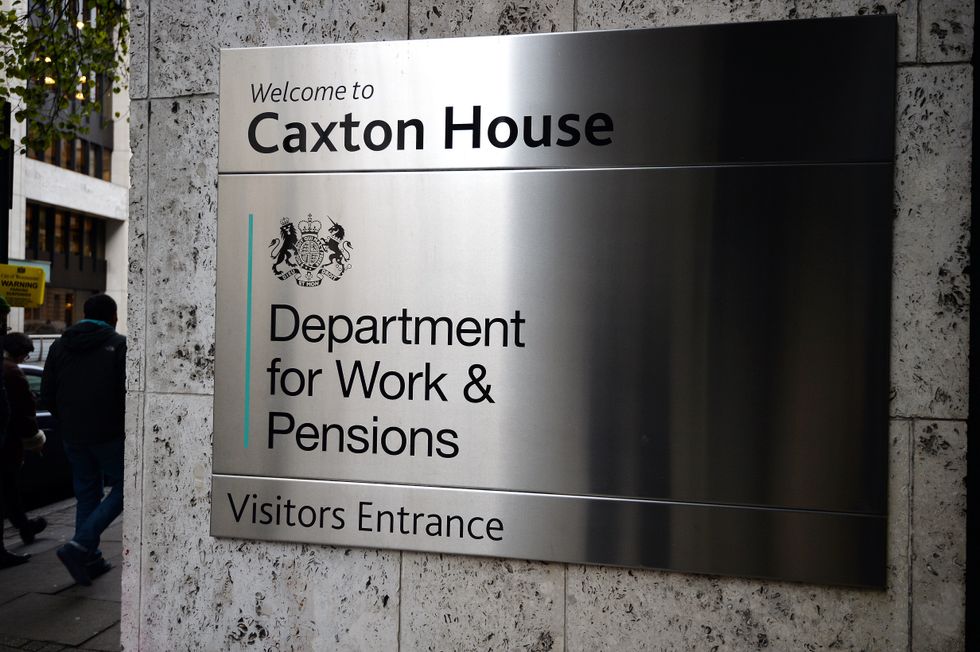Thousands of people across the UK are missing out on an average of £8,337 in state pension payments.
Many do not realise it is because of a simple error in their National Insurance record.
A scheme called Home Responsibilities Protection (HRP), which ran from 1978 to 2010, was designed to protect the state pension rights of parents and carers who were not in full-time work.
However, because of data errors and missing information, many people – particularly women who stayed at home to raise children, never had the HRP credits correctly recorded on their National Insurance accounts.
The Department for Work and Pensions (DWP) has released new figures showing that more than 12,000 underpayments have been identified so far.
Between January 2024 and March 2025, the DWP repaid £104 million in arrears to those affected, which works out to an average of £8,377 per person.
Despite sending over 370,000 letters to people who may have been underpaid, most did not apply for HRP or take action to check their records.

More than 12,000 underpayments have been identified so far
GETTY
Helen Morrissey, head of retirement analysis at Hargreaves Lansdown, said: “The state pension system has become so confusing that even when the Government has communicated with those who may have a claim, the complexity and jargon has put many of them off. This means many thousands are getting less than they are entitled to.
Government research found that many recipients either did not understand the letter or dismissed it as a possible scam, while others struggled with the online system used to make claims.
Morrissey added: “Encouraging people to check their state pension record to see if there are any gaps is vital. If there are mistakes, then they have time to correct them.”
What is a state pension forecast?
A state pension forecast helps individuals understand how much state pension they have built up, when they can claim it, and how they can increase the amount before retirement.
The forecast is based on a person’s National Insurance contributions and credits, showing whether they are on track to receive the full amount available.

Anyone with fewer than 35 qualifying years under the new system will receive a reduced amount,
GETTY
People who have gaps in their National Insurance record may not receive the full state pension, but there are ways to address this depending on their circumstances.
Anyone with fewer than 35 qualifying years under the new system will receive a reduced amount, although at least ten years of contributions or credits are required to qualify for any payment at all.
Many people qualify for free National Insurance credits without realising it, for example if they claimed Child Benefit for a child under 12 or received certain other benefits.
In some cases, individuals can backdate claims for credits or choose to pay voluntary contributions to fill in gaps in their National Insurance history.
The most convenient way to check a state pension forecast is through the Government website, GOV.UK, using a Government Gateway account for access.
 The DWP explains people who want to delay claiming their state pension don’t need to do anything PA
The DWP explains people who want to delay claiming their state pension don’t need to do anything PA
For those who prefer not to use online services, forecasts can also be requested by phone or by sending a paper form known as BR19 to the Future Pension Centre.
Morrissey also pointed out that confusion and fear have discouraged people from acting on underpayment letters, with some worrying that a claim might reduce their entitlement or expose them to fraud.
She said: “Many people decided not to take action because they feared doing so might actually reduce their state pension or they were scared that they had been targeted by scammers.
“It’s clear the government faces an uphill battle if it is to successfully reunite those affected with their extra pension payments.”
The DWP found that many Child Benefit forms submitted before 2000 did not include a National Insurance number, which led to HRP not being correctly linked across Government systems.
The Government now faces the challenge of ensuring that everyone affected is made aware of the issue and given the support needed to claim what they are rightfully owed.









